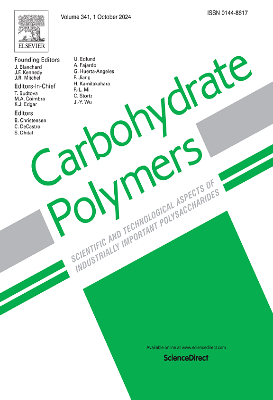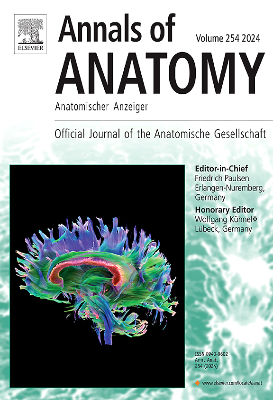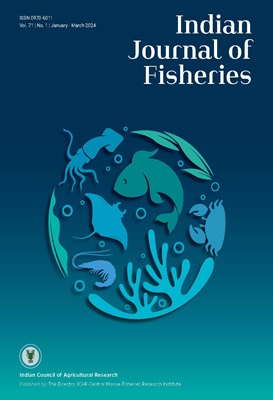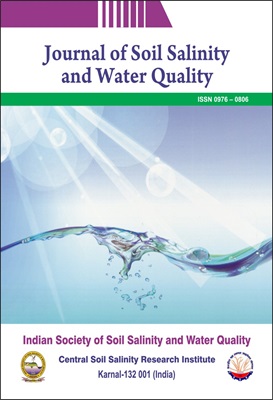Description
A Journal Devoted to Scientific and Technological Aspects of Industrially Relevant Polysaccharides Carbohydrate Polymers is a major journal within the field of glycoscience, and covers the study and exploitation of polysaccharides which have current or potential application in areas such as bioenergy, bioplastics, biomaterials, biorefining, chemistry, drug delivery, food, health, nanotechnology, packaging, paper, pharmaceuticals, medicine, oil recovery, textiles, tissue engineering and wood, and other aspects of glycoscience. The role of the well-characterized carbohydrate polymer must be the major proportion of the work reported, not a peripheral topic. At least one named carbohydrate polymer must be cited and be the main focus of the paper and its title. Research must be innovative and advance scientific knowledge. Characterization – For all polysaccharides or their derivatives, including those obtained from a supplier, essential structural information which will affect their behavior in the subsequent work should be given, along with a description of how that information was ascertained. Editors are unlikely to send papers for formal review if the glycan is not adequately characterized. Please read the guidelines Characterization of carbohydrates and related products carefully as it contains all relevant information. Hypotheses – Nearly all scientific papers benefit from inclusion of a statement of hypothesis. Such statements should be concise, declarative, and should describe the one or more key hypotheses that the studies upon which the manuscript is based were intended to confirm or refute. Inclusion of a hypothesis statement makes it simple to contrast the hypothesis with the most relevant previous literature and point out what the authors feel is distinct about the current hypothesis (novelty). It also permits the authors to describe why they feel it would be important to prove the hypothesis correct (significance). Topics of interest to the journal: structure-property relationships analytical methods chemical, enzymatic and physical modifications biosynthesis natural functions interactions with other materials Topics not of interest to the journal: Bibliometric reviews Studies that involve only modelling without any comparison of model results with experimental data, either carried out by the authors or from the literature. biological, physiological and pharmacological aspects of non-carbohydratemolecules attached to, or mixed with, carbohydrate polymers, unless the polysaccharide has a relevant and specific role materials science of biocomposites where there is no mention of any specific carbohydrate polymer, or the role of the carbohydrate polymer is not the major proportion of the study polyalkanoates, polylactic acid, or lignin routine studies of extraction yields without characterisation of the extracted polysaccharide under the different conditions routine studies of complexation of a drug with a single cyclodextrin studies of newly discovered natural polysaccharides or new polysaccharide derivatives where the structure of the polysaccharide (derivative) is unknown production and isolation of enzymes which act on polysaccharides (studies on the mode of action of an enzyme on a polysaccharide are within the journal scope) carbohydrate oligomers where the degree of polymerization is less than four treatments of cotton fabrics and cellulose-based paper where the research is largely not about the component cellulose itself use of carbohydrate polymers as a support material (e.g. in enzyme immobilization, chromatography, etc.) where there is no specific involvement of the chemistry of the carbohydrate polymer production of chars from polysaccharides, regardless of the application to which the char will be used. Such manuscripts are out of scope since they do not focus on the science of well-characterized polysaccharides Carbohydrate Polymers has an open access companion journal, Carbohydrate Polymer Technologies and Applications, which is devoted to scientific and technological aspects and applications of polymers and oligomers containing carbohydrate.











